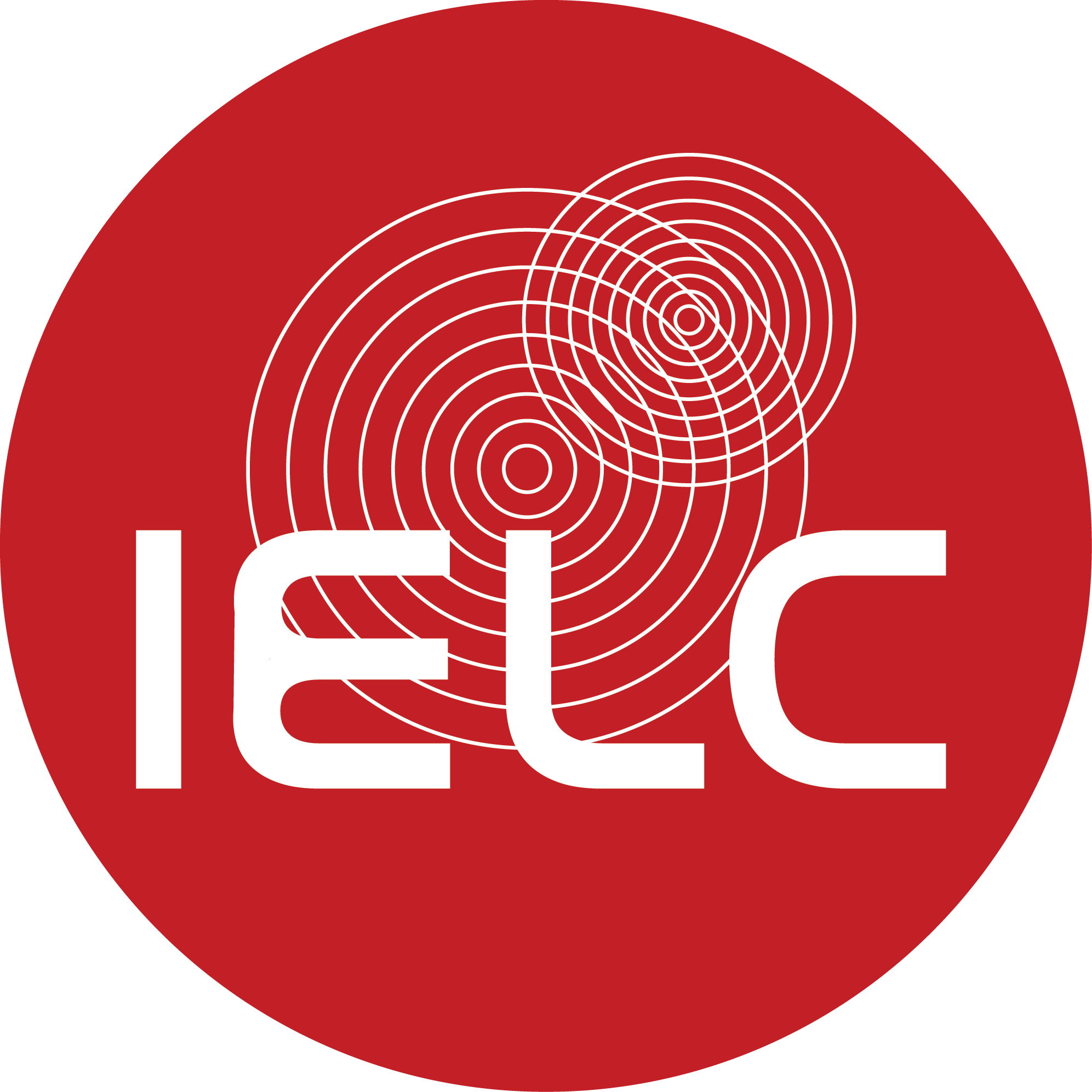| Special Journal Issue Papers From Asia Leadership Roundtable 2010 |
||||
|---|---|---|---|---|
Theme |
School Leadership in the Asia Pacific: Meeting Challenges and Formulating an Agenda This collection of papers are drawn from presentations made at the Asia Leadership Roundtable 2010, held at the Hong Kong Institute of Education. The purpose of the Roundtable was to set the stage for the next generation of research on educational leadership and change in the Asia Pacific region. This is the fastest growing part of the world and has demonstrated rapid expansion of its systems of K-12 and higher education over the past 15 years. At the same time, there is a relative dearth of empirical research being published in international journal emanating from the region. Moreover, it is recognized that cultural differences impact the transfer of knowledge across cultures. This argues for the need to develop a knowledge base for the field in the region. The purpose of this special issue is to provide a foundation for future research in the region first by outlining broad challenges and strategies for developing a knowledge base in the region. Then specific challenges and research agendas are offered from examples in specific countries. The goal of the Roundtable and the special issue is to stimulate debate and hopefully develop a more coordinated agenda for research in the region. |
 |
||
Issue Objectives |
1. To examine the geographic, cultural, and political terrain of the current knowledge base in educational leadership and management
2. To assess the relevance of the global knowledge base in the field for the Asia-Pacific Region 3. To explore the regional challenges facing school leaders and the implications for research 4. To offer strategies for accelerating the development of the field of educational leadership and management in the region |
|||
Issue Co-editors |
 |
Professor Allan Walker Joseph Lau Chair Professor of International Educational Leadership Dean of Faculty of Education and Human Development Director of The Asia Pacific Centre for Leadership and Change The Education University of Hong Kong China |
 |
Professor Philip Hallinger TSDF Chair Professor of Leadership College of Management, Mahidol University Thailand Senior Research Fellow Asia Pacific Centre for Leadership and Change The Education University of Hong Kong China |
| Contributors | Professor Philip Hallinger
|
|||
|
||||
|
||||
|
||||
|
||||
|
||||
|
||||

